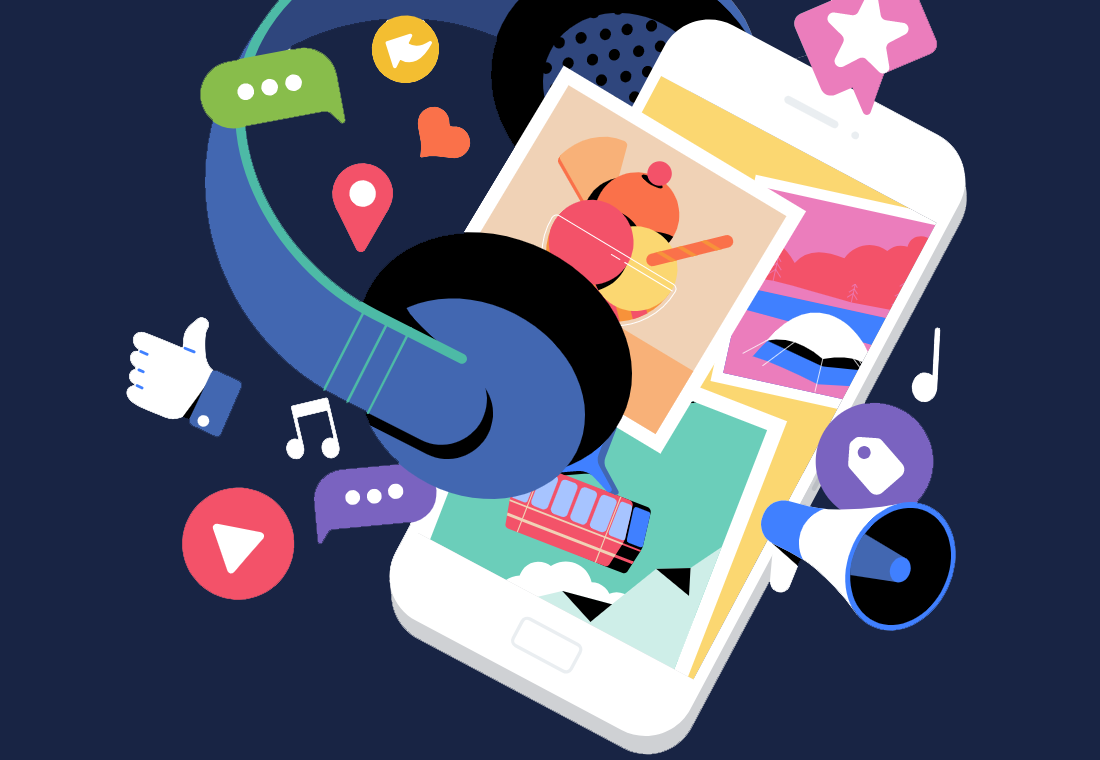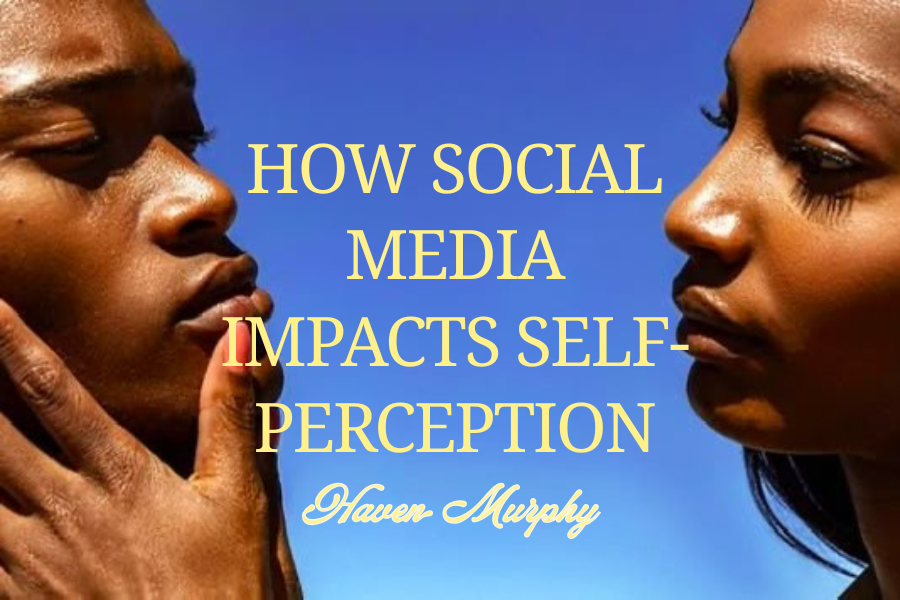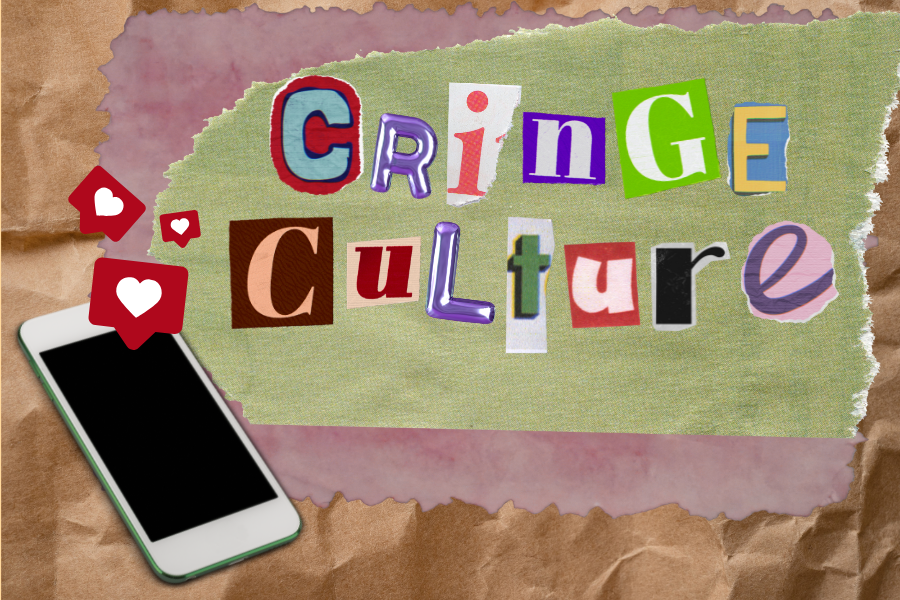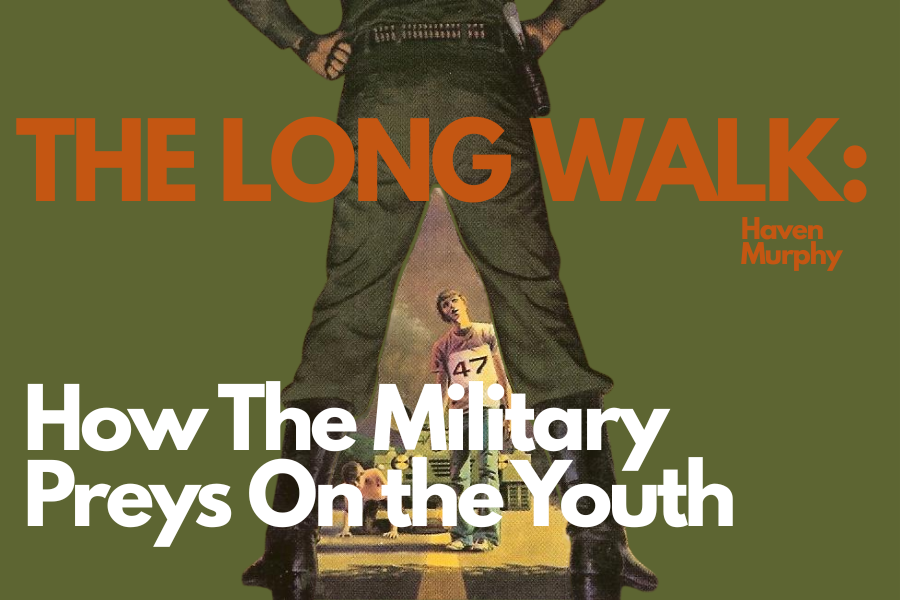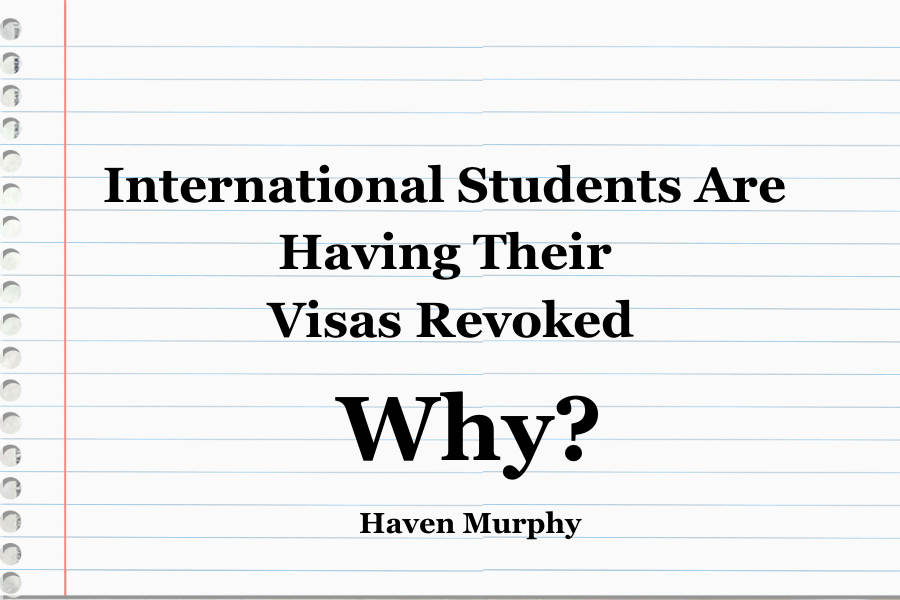In the ever-evolving digital age, social media has had a profound impact on individuals all around the world today, especially on Generation Z. Social media and all things digital have become an integral part of our lives, with the constant stream of new technological inventions and social platforms. The way in which social media has impacted our communication, relationships and mental health has been a complex mix of positives and negatives.
Communication and Relationships
By breaking barriers,social media allows us to connect with people from all over the world, from overseas to even locally. Reconnecting with childhood friends and distant relatives has never been more accessible. Additionally, social media allows individuals to express themselves in a way that is less intimidating than in-person communication. People can create anonymous accounts while still communicating their ideas without fear of judgment. Social media also allows people to have long-distance relationships, especially when individuals must go months without seeing each other. This allows for ongoing communication while still being able to maintain a healthy relationship.
On the other hand, in-person communication has been on the decline since the rise of digital communication. This has led to a decrease of meaningful conversations and emotional connection. Cyberbullying and threats are also common byproducts of online communication, which causes people to feel uncomfortable or at risk. It’s important to take into consideration these potential impacts of online communication and aim to create a balance between online and offline contact.
Mental Health
Aside from the popular belief that social media negatively impacts mental health, there could potentially be some positive benefits. Online communities can provide a safe haven for people to express themselves and their problems with people who are like them or who are going through similar issues. This can create a layer of privacy and understanding that one may not get in the real world. Additionally, this fosters support networks for people with similar mental health issues, illnesses, and other experiences.
There are potential harms linked with to increase in social media use. An increase in social media use has been linked to many mental health issues, such as anxiety, depression, and disordered eating behaviors. Popular apps like Instagram create a distorted perception of reality and put pressure on people to look or act a certain way. Especially during adolescence, this increases the risk of teenagers developing mental health disorders. Another thing that’s on the rise is social media addiction, which could derail your sleep patterns and academic performance. When using social media, it is crucial to be aware of these factors and to look at both sides of the issue.
Ultimately, the use of social media has its pros and cons. The most important thing is to assess how it is impacting you, whether that is positively or negatively. It can be healthy to strive for a balance of digital use, whether that is decreasing your screen time, deleting negative apps, or simply using it for things that serve you personally.


